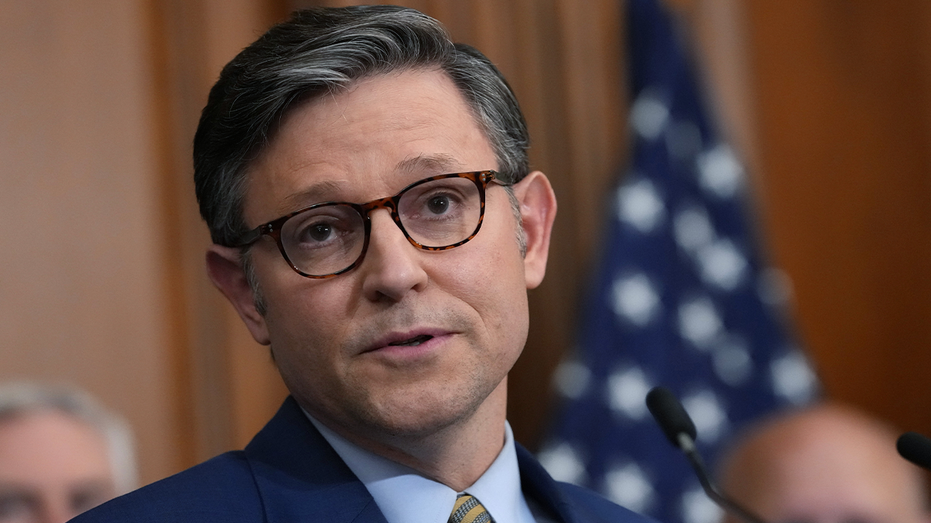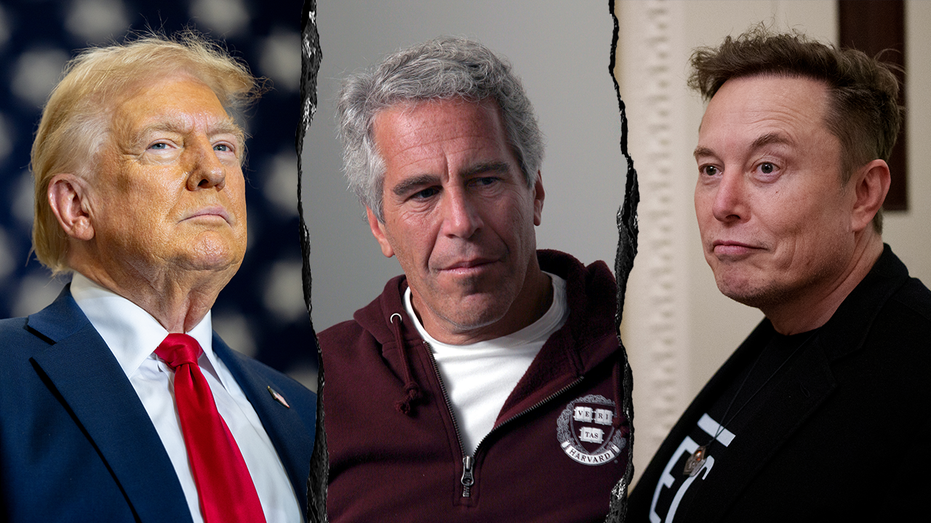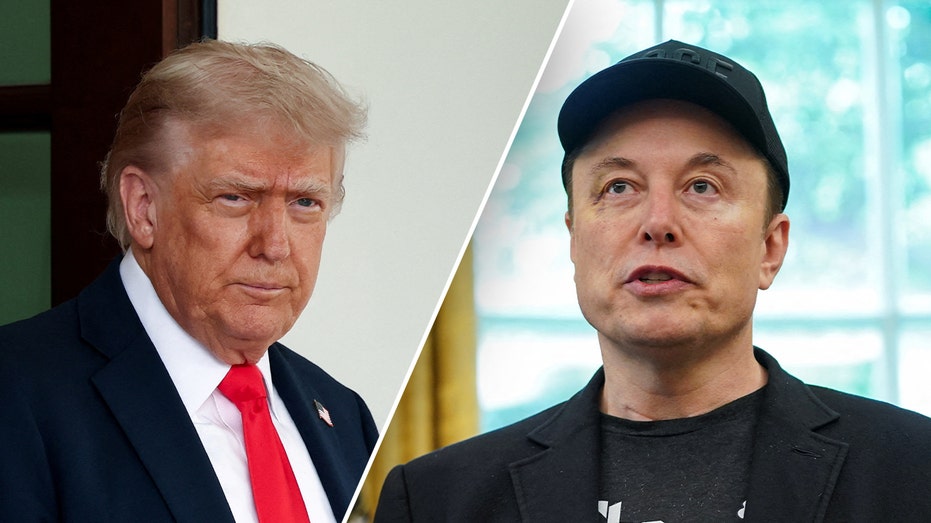House Republicans Advocate for Spending Cancellations Amid Elon Musk and Conservative Calls for Deeper Budget Cuts
GOP House leaders unveil a major rescissions package amid growing conservative calls for deeper budget cuts and Elon Musk's backing.

If you thought the maze of Congressional budget jargon ended with "reconciliation," get ready to add another term to your lexicon: rescissions. In Washington speak, a rescissions bill serves as a legislative tool to cancel money that Congress has already doled out—effectively clawing back dollars that were previously green-lit for federal spending. Think of it as an official government "takeback," a concept you probably haven’t encountered since childhood negotiations at recess.
This fiscal maneuver took center stage this week as the White House, under President Trump and Budget Director Russ Vought, sent a proposal to rescind $9.4 billion in previously allocated funds. The package targets a swath of programs, including public broadcasting entities like NPR and PBS, as well as certain foreign aid initiatives. This move comes after months of conservative critiques, including prominent voices like tech billionaire Elon Musk, who have slammed recent spending bills for failing to deliver the dramatic cuts initially promised by the DOGE review team—a group tasked with identifying areas for budget reduction.
Musk, in particular, has been vocally disappointed by what he sees as insufficient fiscal discipline from Congressional Republicans, describing the legislation as a "disgusting abomination" and chastising lawmakers who voted in favor. Despite DOGE’s initial ambitions to identify $2 trillion in potential reductions, the target was steadily slashed to $1 trillion, then to approximately $150 billion, with many planned cuts still unratified due to Congress' control over the purse strings.
This new push for rescissions sets up a significant test for Congressional Republicans, especially as House Speaker Mike Johnson pledges quick action on the White House’s proposed package. According to Johnson, "There may be multiple rescissions packages coming, and we'll process them as quickly as we can. It's a big priority for me." Many in the House Freedom Caucus echo this sentiment, emphasizing that advancing these spending cancellations is crucial to delivering on Republican campaign promises to curb government excess.
Yet, the path forward is fraught with internal GOP divisions and political landmines. While many Republicans support the principle of reducing discretionary spending—those funds subject to annual appropriations—others are wary of cutting beloved public institutions or critical overseas programs. For example, Rep. Don Bacon expressed concern over the impact on Nebraska Public Radio and TV, while Senator Susan Collins spoke out against potential reductions to PEPFAR, a flagship public health initiative. Their unease signals the delicate balance lawmakers must strike between fiscal hawkishness and constituent services.
Procedurally, rescissions bypass some of the gridlock that often paralyzes Congress. Passing a rescissions bill requires only a simple majority in both chambers—no filibuster-busting 60-vote threshold in the Senate—and the measure is considered "privileged," fast-tracking the debate process. Still, the law generally compels presidents to spend what Congress approves, though loopholes such as the Impoundment Control Act allow limited executive maneuvering should Congress fail to act on rescission requests.
The outcome of this latest rescissions effort remains highly uncertain. Even as some praise the symbolism of trimming billions from the federal ledger, others warn the proposed cuts are relatively minor and politically risky. Republican lawmakers must now weigh their dedication to government frugality against potential backlash for slashing programs with wide public support. As these debates intensify, the coming weeks will reveal whether Congress is willing to translate tough talk on the campaign trail into concrete fiscal action—or if, once again, budget promises end up on the chopping block themselves.




